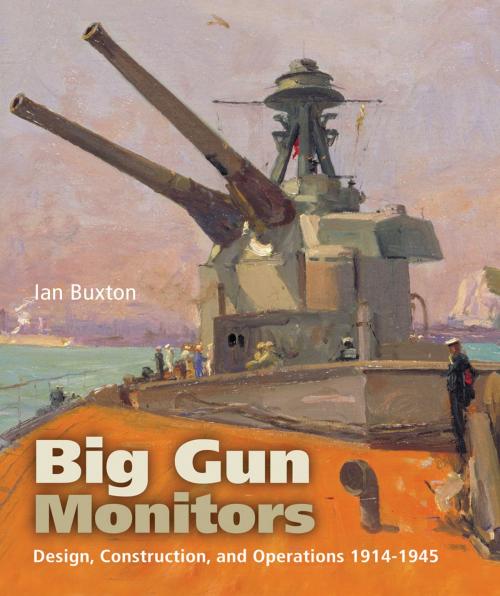| Author: | Ian Buxton | ISBN: | 9781783469116 |
| Publisher: | Pen and Sword | Publication: | March 30, 2008 |
| Imprint: | Seaforth Publishing | Language: | English |
| Author: | Ian Buxton |
| ISBN: | 9781783469116 |
| Publisher: | Pen and Sword |
| Publication: | March 30, 2008 |
| Imprint: | Seaforth Publishing |
| Language: | English |
In the history of naval warfare probably no type of ship has provided more firepower per ton than the monitor – indeed they were little more than a huge gun mounting fitted on a simple, self-propelled raft. Designed and built rapidly to fulfil an urgent need for heavy shore-bombardment during World War I, they were top secret in conception, and largely forgotten when the short-lived requirement was over. Nevertheless, they were important ships, which played a significant role in many Great War campaigns and drove many of the advances in long-range gunnery later applied to the battle fleet. Indeed, their value was rediscovered during the Second World War when a final class was built.
Monitors were largely ignored by naval historians until Ian Buxton produced the first edition of this book in 1978. Although published privately, this became an established classic and copies of the first edition are now almost unobtainable, so this new edition will be welcomed by many. It has been completely revised, extended and redesigned to a generous large format which allows material deleted from the original edition for lack of space to be restored.
In the history of naval warfare probably no type of ship has provided more firepower per ton than the monitor – indeed they were little more than a huge gun mounting fitted on a simple, self-propelled raft. Designed and built rapidly to fulfil an urgent need for heavy shore-bombardment during World War I, they were top secret in conception, and largely forgotten when the short-lived requirement was over. Nevertheless, they were important ships, which played a significant role in many Great War campaigns and drove many of the advances in long-range gunnery later applied to the battle fleet. Indeed, their value was rediscovered during the Second World War when a final class was built.
Monitors were largely ignored by naval historians until Ian Buxton produced the first edition of this book in 1978. Although published privately, this became an established classic and copies of the first edition are now almost unobtainable, so this new edition will be welcomed by many. It has been completely revised, extended and redesigned to a generous large format which allows material deleted from the original edition for lack of space to be restored.















